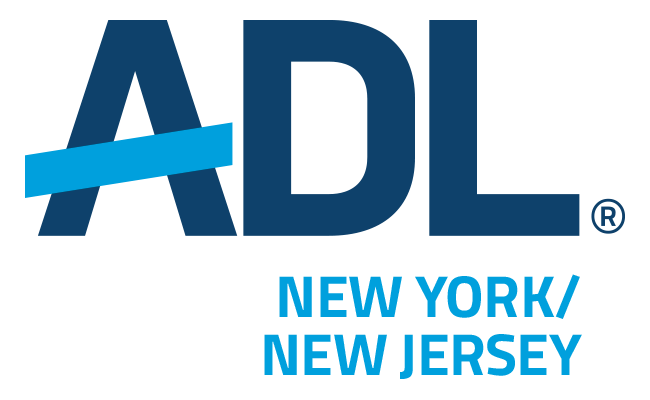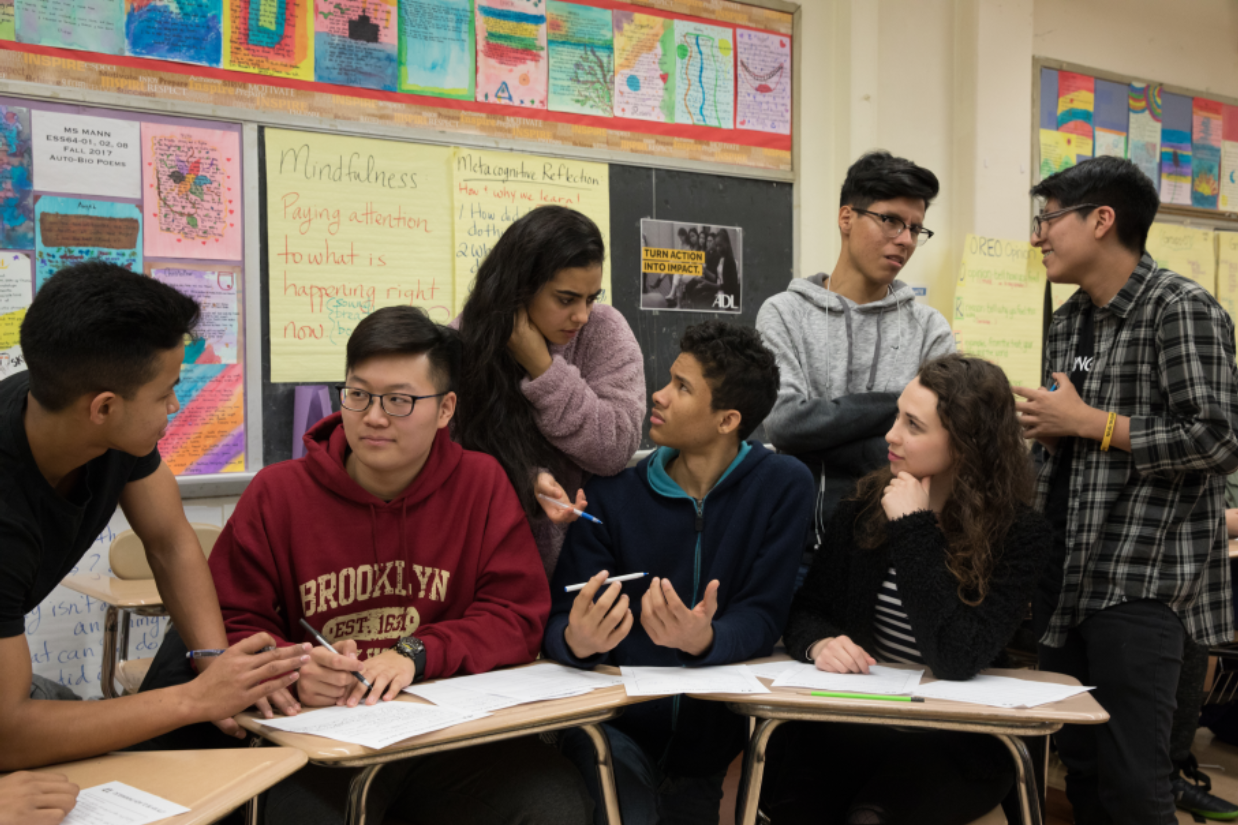A CLASSROOM OF DIFFERENCE
Today’s youth require school environments that promote respect, inclusiveness and civility. This work is at the heart of A CLASSROOM OF DIFFERENCE™. We offer a variety of training programs for pre-K through 12th grade school communities – students, educators and administrators – which focus on the development of an inclusive culture and respectful school climate by addressing issues of bias and bullying.
STUDENT PROGRAMS
Becoming an Ally: Interrupting Name Calling and Bullying is an anti-bullying program that provides opportunities for students in grades 4-12 to explore the harm of name-calling and bullying and develop and practice skills to respond to such incidents.
Step Up! Assembly is an anti-bullying program for middle school students designed to give a voice to the targets of bullying and prejudice, build empathy in the aggressors and inspire bystanders to become allies.
Peer Training is a three day training for high school students that prepares a select group of young leaders to use the positive power of peer influence to motivate other students to reflect upon their stereotypes and assumptions and take action against prejudice and bigotry in their schools and communities.
Peer Leadership is a two day program for students in grades 6-12 that helps a select group of young leaders develop the knowledge, skills and motivation through action based projects to effectively challenge name calling, put-downs, and insensitive remarks to promote inclusive environments.
EDUCATOR PROGRAMS
General Anti-Bias Training provides teachers, administrators and school community members the knowledge, awareness and skills to respond to prejudice and discrimination while creating a school environment that is more equitable, safe, respectful and appreciative of diversity.
Elementary School and Middle School Anti-Bias Study Guides provides teachers with lessons that encourage students to: (1) explore societal issues arising from bias, bigotry and discrimination; (2) improve critical-thinking skills; (3) examine diverse viewpoints; and (4) take leadership roles in promoting justice and equity in their schools, communities and society at large.


